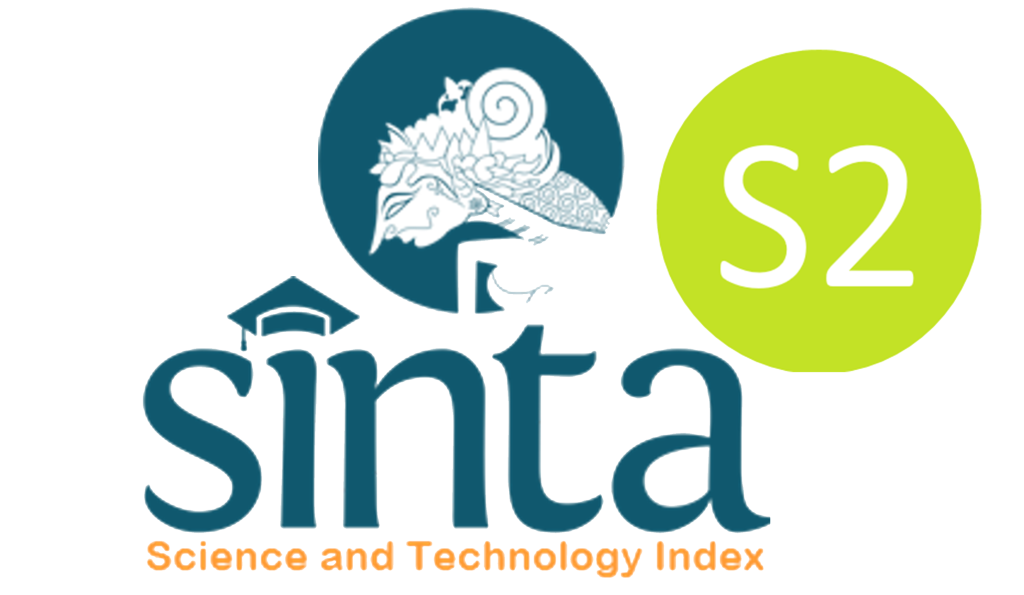THE IMPACT OF BULLYING ON TEACHING AND LEARNING: A CASE OF PRIMARY SCHOOLS OF MAMELODI, GAUTENG PROVINCE
DOI:
10.54443/ijerlas.v5i1.2315Published:
2025-01-30Downloads
Abstract
This article investigated the impact, causes, types of bullying and the measures employed by primary schools to curb bullying in the Tshwane South District in Mamelodi Township, Gauteng Province. The researchers wanted to learn more about the effects of bullying in underprivileged communities. Three schools took part in the study, which used a qualitative methodology. Semi-structured one-on-one interviews with instructors, learners, and school principals were used to gather data. There were fifteen participants in the study. The goal of the study was to learn more about the effects of bullying in underprivileged communities. Three schools took part in the study, which used a qualitative methodology. Semi-structured one-on-one interviews with instructors, learners, and school principals were used to gather data. Fifteen people participated in the study. The authors found that primary schools are challenged by the negative impact of bullying and that there are factors that cause bullying in primary schools. However, we conclude that there are several measures that can be used to curb bullying in primary schools.
Keywords:
Bullying; Impact; Types, Teaching and Learning; Measures; Learner Performance; CausesReferences
Center for Disease Control, (2016). Indicators of School Crime and safety: 2016. U.S Department of education.
Coyne, I & Monks, C. P. (2011). Bullying in different contexts. New York: Cambridge University Press.
De Wet, C. (2005). The Voices of Victims and Witnesses of School Bullying: Department of education and education management school of education, 70(4)., 283-300.
Divecha, D. (2019). What are the best ways to Prevent Bullying?. [online] Greater Good. Available at: >https://greatergood.barkeley.
Dunlop, E. (2016). The Condition of Education. May 2016. National Center for Education Statistics.
Farrington, D. (2016). Personal characteristics of bullying victims in residential care for youth.
Gordon, L. (2019). Decolonizing Philosophy First published: 15 December 2019 https://doi.org/10.1111/sjp.12343 Citations: 3.
Gordon, J. (2021). Ethics of Artificial Intelligence. Internet Encyclopedia of Philosophy (2021).
Greeff. P. & Grobler, A. A. (2008). Bullying during the intermediate school phase. A South African study. Retrieved 14 February, 2011, from http://chd.sagepub.com.
Maree, K. (Ed). (2010). First steps in Research.Pretoria: Van Schaik Publishers.
Muhammad, S. (2016). Methods of data collection. Basic guidelined for research: An Introductory Approach for All Disciplines (pp. 201-275). Edition: First. Chapter 9. Publisher: Book Zone Publication, Chittagong-4203, Bangladesh. Research project.
Murphy, P. (2009). Dealing with bullying. New York: Infor Base Publishing.
Placidius, M. (2013). Bullying in Schools. International Education Studies. Canadian Center of Science and Education Publishers.
Schools4SA, (2021). [online]http://www.schools4sa.co.za/province/.
Swain, J. & Spire, Z. (2020). The role of informal conversations. Generating data and the ethical and methodological issues they raise (vol 21, No. 1, Art 10).
Tidy, C. (2021). Causes of bullying in schools. Childrens health. Patients editorial guidelines.
Mishna, F. (2017). Exploring Mishnah's World (s). Social Scientific Approaches
Palgrave Macmillan Cham Publishers.
Nadine, G. (2014). The Impact of School Bullying On Learners’ Academic Achievement from Teachers Point of View. Canadian Center of Science and Education Publishers.
License
Copyright (c) 2025 Victoria Sophy Hlafane, Mashaba Ernest Khalabai, Maile Simeon, Nkomo Asaph Ntu Nkomo

This work is licensed under a Creative Commons Attribution 4.0 International License.









